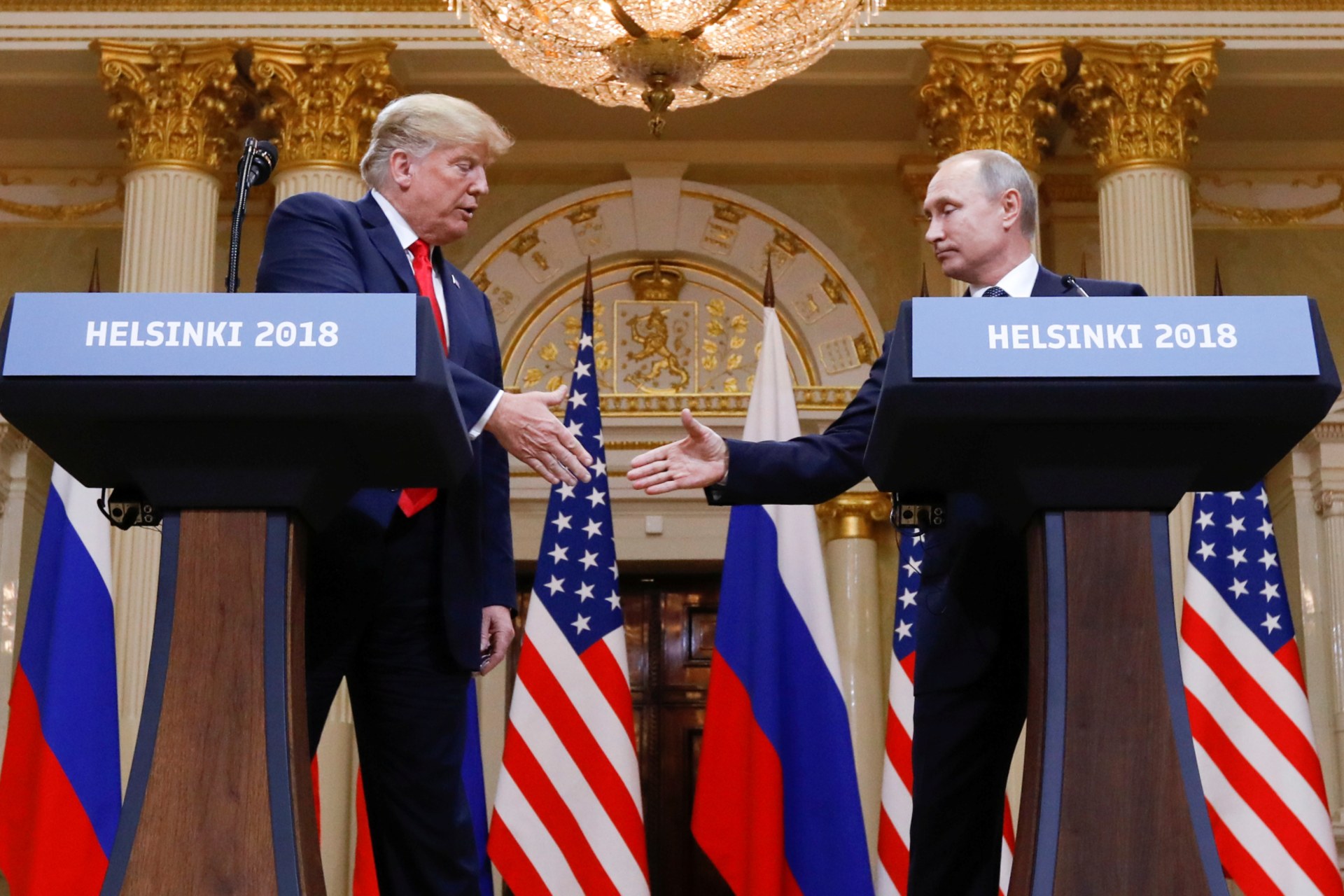Cyber Week in Review: October 18, 2019
Huawei redeploys U.S.-linked executives and looks to other markets; U.S. cyberattacks against Iran unveiled; Russian APT involved in 2016 DNC hack still active; United States evaluates election security; and Russia says it will soon start cybersecurity cooperation with the United States.

By experts and staff
- Published
Experts
![]() By Adam SegalIra A. Lipman Chair in Emerging Technologies and National Security and Director of the Digital and Cyberspace Policy Program
By Adam SegalIra A. Lipman Chair in Emerging Technologies and National Security and Director of the Digital and Cyberspace Policy Program
Huawei Redeploys U.S.-Linked Executives and Looks to Other Markets
Huawei is redeploying senior executives with connections to the United States, concerned that they could leak confidential data to U.S. intelligence agencies or that their employment could be considered a breach of the technology ban. These individuals include Sunhom Steve Paak, who had previously been a technology officer at HiSilicon Technologies, and Wang Hsin-shih, a Taiwan-based Huawei tech development team leader and a former vice-president at Faraday Technology, a chip design subsidiary of United Microelectronics. Although Huawei is facing continued pushback and uncertainty in the United States, the company announced this week its revenues have grown this year, primarily due to increasing domestic market share.
Huawei is also looking outward to Europe and India. In Europe, it is counting on countries employing a trust-but-verify method, rather than a blank ban, for telecommunications security. Germany, for example, this week decided this week it will not ban any equipment vendors, including Huawei, from developing its 5G networks. Huawei also repeated its offer this week for a “no backdoor” agreement with India to alleviate national security concerns.
U.S. Cyberattack Against Iran Unveiled
Reports surfaced this week saying the United States carried out a secret cyber operation against Iran in retaliation against the September Iranian attacks on Saudi Arabian oil facilities. The U.S. attack aimed to disrupt Tehran’s spread of online propaganda. In June, U.S. Cyber Command conducted another cyberattack on computing infrastructure Iran allegedly used to attack oil tankers in the Persian Gulf in May in hopes of preempting future attacks.
Russian APT Involved in 2016 DNC Hack Still Active
In a report published Thursday, Slovakian security firm ESET revealed that a Kremlin-linked hacking group Cozy Bear, or APT29, has remained active since its 2016 breach of the Democratic National Committee. Cozy Bear targeted U.S. think tanks in 2017, defense contractors in 2018, and three European countries’ ministries of foreign affairs, as part of a campaign ESET calls “Operation Ghost.” The group has used upgraded malicious software and hacking techniques in suspected affiliation with the Russian spy service SVR, the Federal Security Service, or both, to conduct espionage campaigns. ESET also warned that another group could be carrying out these attacks while posing as Russian intelligence.
United States Evaluates Election Security
Following last month’s warnings from the FBI and Department of Homeland Security that Russia and other state actors could target the 2020 presidential election, Congress and the military are exploring how to protect election security. The House Homeland Security Committee held a hearing in Illinois this week to discuss Russia’s compromise of the state’s voter registration database in 2016 and relatively robust efforts to defend the 2020 election. This effort has included setting up an internal computer network to protect voter data, stationing members of the Illinois National Guard at voting stations in the 2018 midterms, and establishing a $6.9 million “Cyber Navigator Program”—mostly funded through federal grants—to deploy IT specialists in local election offices. Election security experts estimate that replicating the Cyber Navigator program nationwide would cost the federal government around $55 million annually, a fraction of the $2.2 billion some experts say should be put towards achieving a higher standard of election security. Senate Majority Leader Mitch McConnell, R-Kentucky, has recently expressed support for an additional $250 million in funding for states.
Russia Says it Will Soon Start Cybersecurity Cooperation With the United States
Russia and the United States have begun to gradually resume cooperation on cybersecurity, according to Russia’s FSB Federal Security Service. Bilateral relations between the two countries have been strained due to Russian interference in the 2016 elections. This update follows another report from Russian news agency TASS in September that Russia was ready “to renew relations” with the United States on cybersecurity to address what the Russian Foreign Minister Sergey Lavrov calls a “pileup” of misinformation. According to Lavrov, Moscow had been waiting for a response from Washington on the proposal of launching a more stable dialogue on cybersecurity. Russian President Putin originally proposed a cyber-dialogue in the July 2018 meeting between the leaders in Helsinki.
